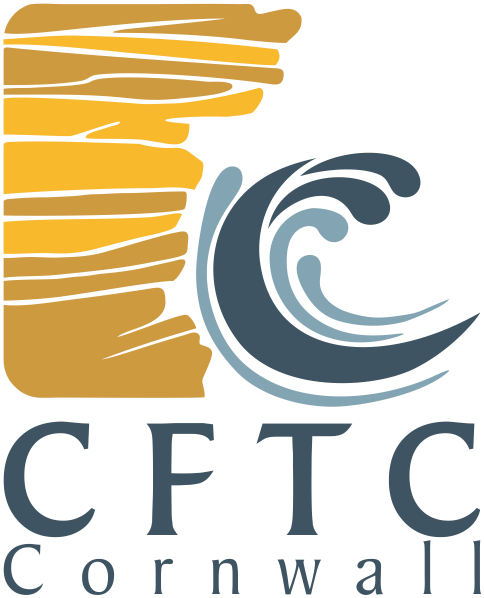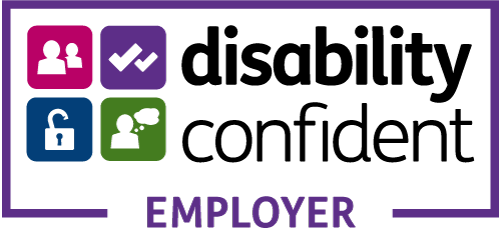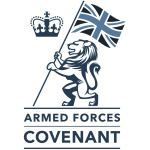Dr Alge Suliakaite - Grant
Dr A Suliakaite
I am a highly qualified and experienced therapist with 10+ years’ experience working in the industry. I have a Ph.D. in Family Therapy, I am a Member of the UK Council for Psychotherapy, the Association for Family Therapy as well as a Clinical Member of the American Association for Marriage and Family Therapy.
My therapeutic approach is always strengths-based; I believe people and situations are deeply interconnected, and this is the way I approach all of the work I do with my clients. I really take the time to get to know my clients so that I can offer tailored solutions to their issues.
Featured Psychotherapist in Psychology Today – Read More




